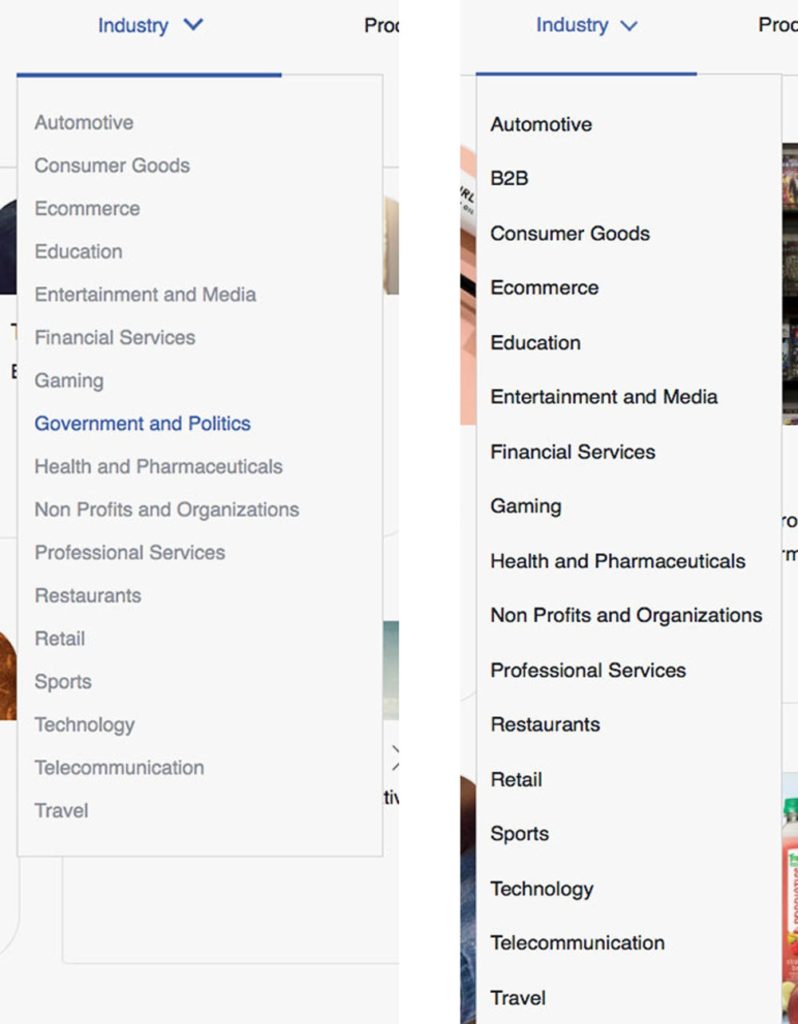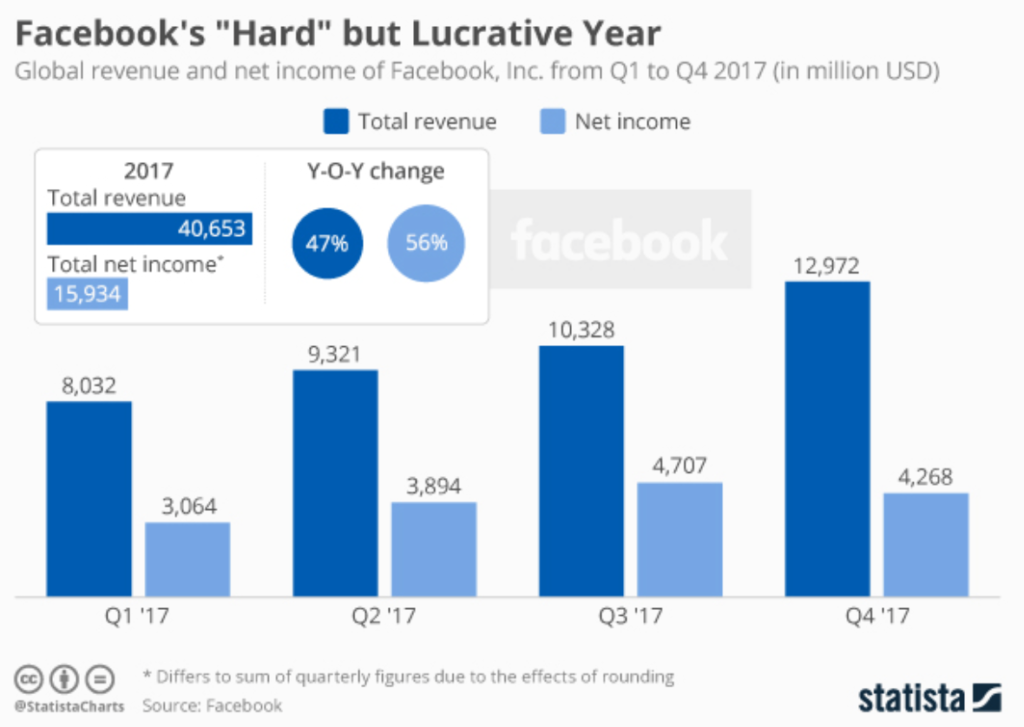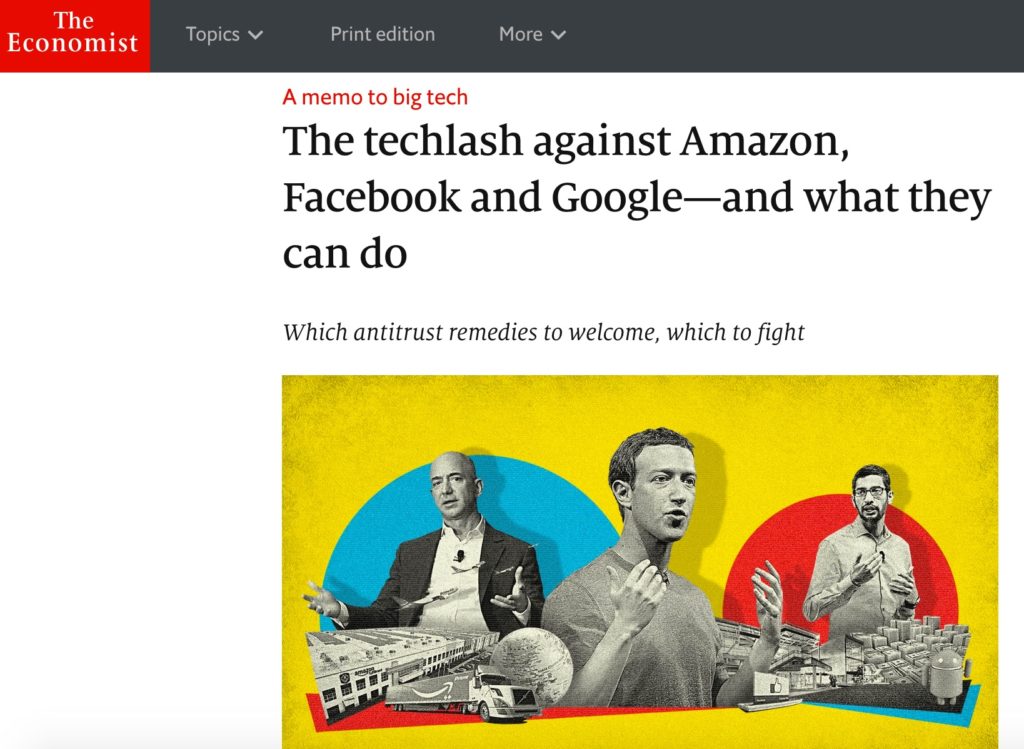Revealing leak of an internal memo by one of the company’s senior executives, sent on June 18, 2916. Here’s an excerpt:
We connect people.
That can be good if they make it positive. Maybe someone finds love. Maybe it even saves the life of someone on the brink of suicide.
So we connect more people
That can be bad if they make it negative. Maybe it costs a life by exposing someone to bullies. Maybe someone dies in a terrorist attack coordinated on our tools.
And still we connect people.
The ugly truth is that we believe in connecting people so deeply that anything that allows us to connect more people more often is de facto good. It is perhaps the only area where the metrics do tell the true story as far as we are concerned.
That isn’t something we are doing for ourselves. Or for our stock price (ha!). It is literally just what we do. We connect people. Period.
That’s why all the work we do in growth is justified. All the questionable contact importing practices. All the subtle language that helps people stay searchable by friends. All of the work we do to bring more communication in. The work we will likely have to do in China some day. All of it.
The natural state of the world is not connected. It is not unified. It is fragmented by borders, languages, and increasingly by different products. The best products don’t win. The ones everyone use win.
Says it all, really. Worth reading in full. Needless to say, Zuck ‘disagrees’ with it. Which brings the wonderful Mandy Rice-Davies to mind.



